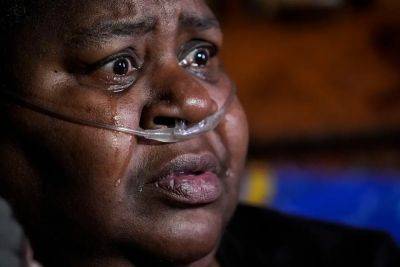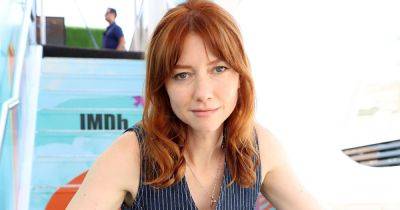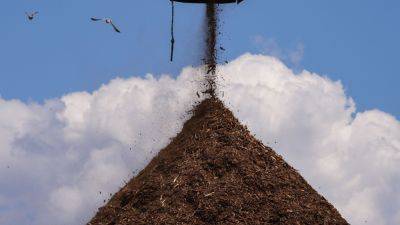‘House Of The Dragon’ Is Finally Doing Its Black Characters Justice
HBO’s “Game of Thrones” was a glaringly white show. Save for Grey Worm (Jacob Anderson) and Missandei (Nathalie Emmanuel), no characters of color made it to the final season of the show, and even then those two were underutilized and eventually discarded. It seemed that “House of the Dragon” was trying to rectify this mistake — and usher in a new age of Black characters in fantasy — with the casting of Steve Toussaint as Corlys Velaryon, the patriarch of the richest house in Westeros.
Corlys and his two children, Laena (Nanna Blondell) and Laenor (John Macmillan), appear throughout the series, but by the time of their second aging up, it was clear that they were still going to be side characters. That was fine and dandy, but when Episode 6 rolled around, both of the siblings were killed (in Laenor’s case, he faked his own death, but disappears from the show anyway) leaving “House of the Dragon” with only three Black characters: Corlys and his two granddaughters, Baela (Bethany Antonia) and Rhaena Targaryen (Phoebe Campbell).
The problem is, the two women are never given any lines after they’re aged up in Episode 8. They are constantly framed in the background with Rhaenyra Targaryen’s (Emma D’Arcy) oldest children, Lucerys Velaryon (Elliot Grihault) and Jacaerys Velaryon (Harry Collett), but unlike the boys, the girls are not given any room to speak or make any notable moves. This shunning of the two characters not only felt like a slap in the face to book fans who love Baela and Rhaena, but to Black fans of George R.R. Martin’s work who were finally able to see themselves in these adaptations.
However, with the second episode of Season 2, it became clear that maybe the showrunners realized their mistake, leaving them







